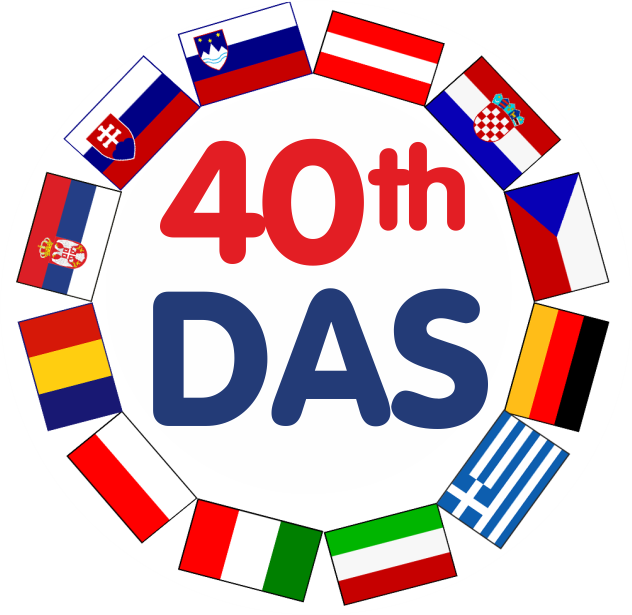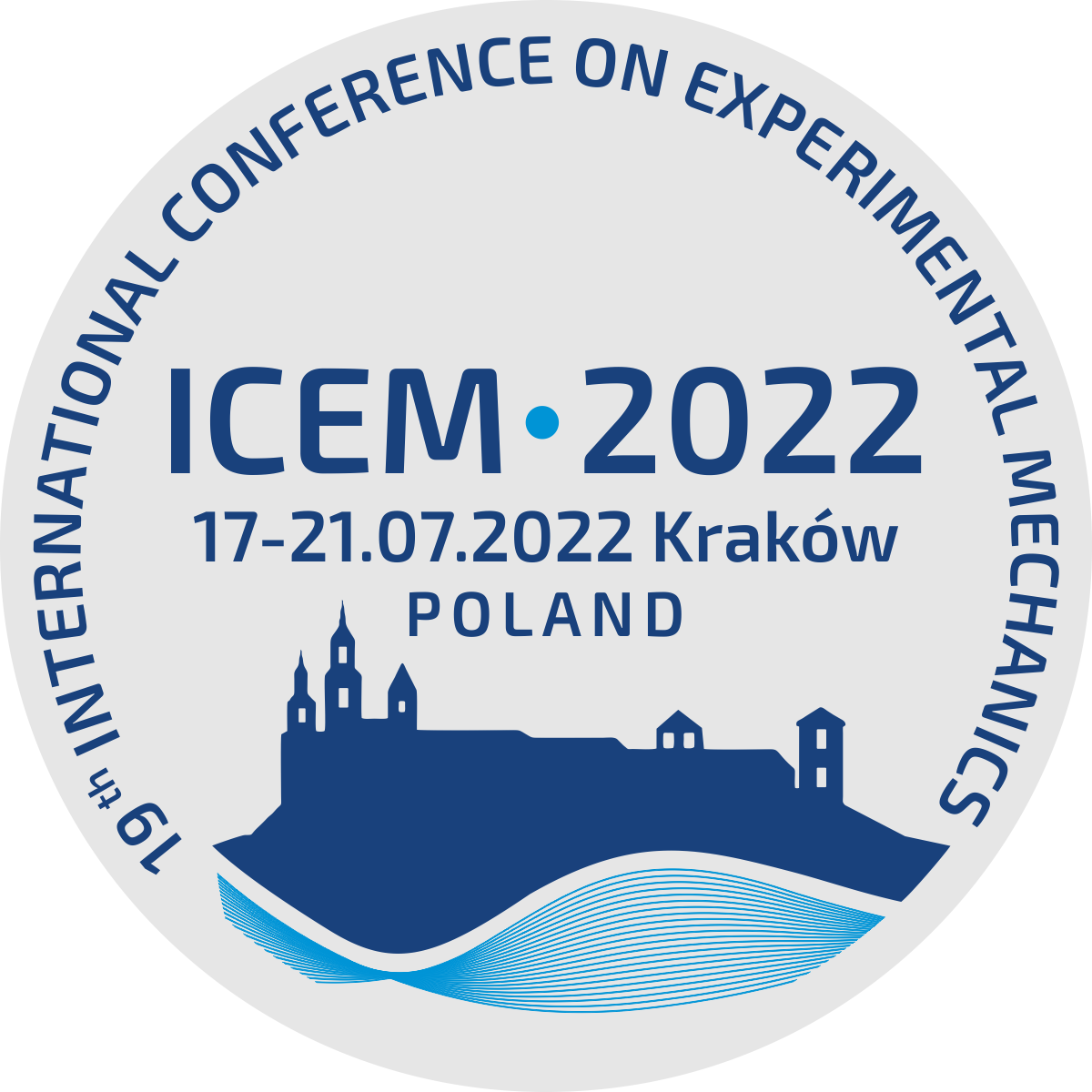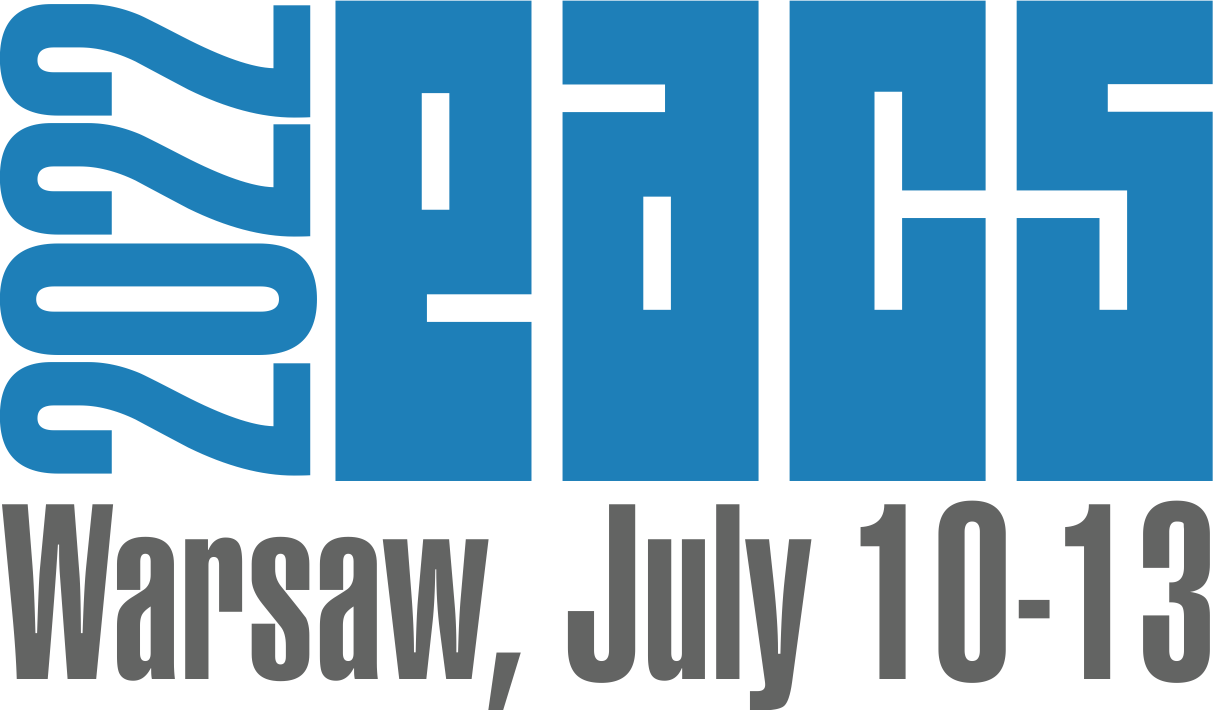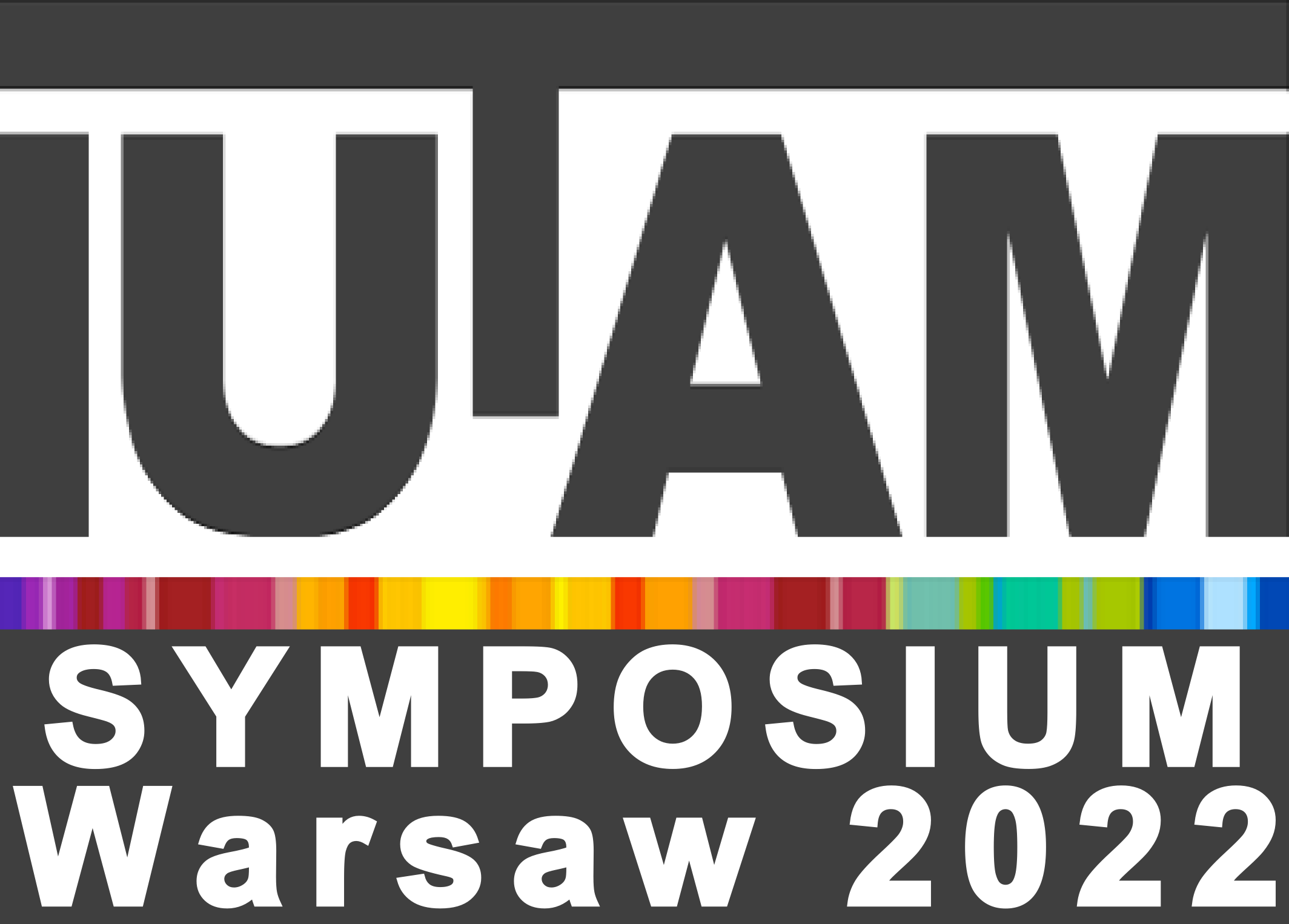| 1. |
Halder S.♦, Streltsov A., Quantum advantage in a unified scenario and secure detection of resources,
Physical Review A, ISSN: 2469-9926, DOI: 10.1103/PhysRevA.111.022446, Vol.111, No.022446, pp.1-9, 2025 |  |
| 2. |
Halder S.♦, Streltsov A., UNEXTENDIBILITY, UNCOMPLETABILITY, AND MANY-COPY INDISTINGUISHABLE ENSEMBLES,
Quantum Information and Computation, ISSN: 1533-7146, Vol.24, No.13&14, pp.1081-1098, 2024 Abstract:
In this work, we explore the notions unextendible product basis and uncompletability for operators which remain positive under partial transpose. Then, we analyze their connections to the ensembles which are many-copy indistinguishable under local operations and classical communication (LOCC). We show that the orthogonal complement of any bipartite pure entangled state is spanned by product states which form a nonorthogonal unextendible product basis (nUPB) of maximum cardinality. This subspace has one to one correspondence with the maximum dimensional subspace where there is no orthonormal product basis. Due to these, the proof of indistinguishability of a class of ensembles under LOCC in many-copy scenario becomes simpler. Furthermore, it is now clear that there are several many-copy indistinguishable ensembles which are different construction-wise. But if we consider the technique of proving their indistinguishability property under LOCC, then, for many of them it can be done using the general notion of unextendible product basis. Explicit construction of the product states, forming nUPBs is shown. Thereafter, we introduce the notion of positive partial transpose uncompletability to unify different many-copy indistinguishable ensembles. We also report a class of multipartite many-copy indistinguishable ensembles for which local indistinguishability property increases with decreasing number of mixed states. Keywords:
Unextendibility, Uncompletability, Many-copy indistinguishability, LOCC, PPT-POVM Affiliations:
| Halder S. | - | other affiliation | | Streltsov A. | - | IPPT PAN |
|  |
| 3. |
Halder S.♦, Streltsov A., Banik M.♦, Identifying the value of a random variable unambiguously: Quantum versus classical approaches,
Physical Review A, ISSN: 2469-9926, DOI: 10.1103/PhysRevA.109.052608, Vol.109, pp.052608-1-052608-11, 2024 Abstract:
Quantum resources may provide an advantage over their classical counterparts. Theoretically, in certain tasks, this advantage can be very high. In this work, we construct such a task based on a game, mediated by the Referee and played between Alice and Bob. The Referee sends Alice a value of a random variable. At the same time, the Referee also sends Bob some partial information regarding that value. Here partial information can be defined in the following way. Bob gets the information of a random set that must contain the value of the variable, which is sent to Alice by the Referee, along with other value(s). Alice is not allowed to know what information is sent to Bob by the Referee. Again, Bob does not know which value of the random variable is sent to Alice. Now, the game can be won if and only if Bob can unambiguously identify the value of the variable that is sent to Alice, with some nonzero probability, no matter what information Bob receives or which value is sent to Alice. However, to help Bob, Alice sends some limited amount of information to him, based on any strategy that is fixed by Alice and Bob before the game begins. We show that if Alice sends a limited amount of classical information, then the game cannot be won, while the quantum analog of the “limited amount of classical information” is sufficient for winning the game. Thus, it establishes a quantum advantage. We further analyze several variants of the game and provide certain bounds on the success probabilities. Moreover, we establish connections between the trine ensemble, mutually unbiased bases, and the encoding-decoding strategies of those variants. We also discuss the role of quantum coherence in the present context. Affiliations:
| Halder S. | - | other affiliation | | Streltsov A. | - | IPPT PAN | | Banik M. | - | other affiliation |
|  |





















